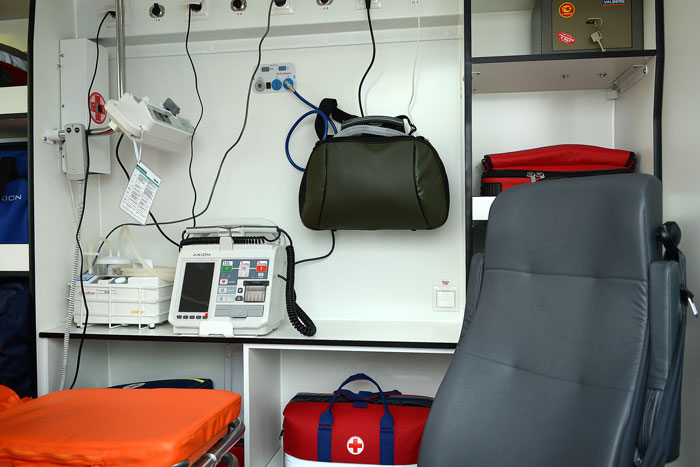
Title: Improving the Patient Experience: A Review of Point-of-Care Testing Equipment
Introduction: Point-of-care testing (POCT) equipment plays a critical role in modern healthcare by providing rapid and accurate diagnostic testing at the bedside or point of care. These portable, easy-to-use devices give healthcare professionals immediate access to diagnostic information, enabling timely clinical decisions and improving patient outcomes. In this review, we'll look at different types of point-of-care testing equipment, including blood glucose meters, urine analyzers, and rapid diagnostic tests, and discuss their essential role in providing timely and accurate patient care.
-
Glucometers: Glucometers are portable devices used to measure blood glucose levels, making them essential tools for managing diabetes and monitoring glycemic control in patients. These portable devices use small blood samples obtained from finger pricks to quickly and accurately measure glucose levels within seconds. Glucose meters are indispensable in a variety of healthcare settings, including hospitals, clinics and home care settings, allowing healthcare professionals to quickly assess and adjust diabetes treatment regimens. Advances in technology have enabled modern blood glucose meters to offer features such as Bluetooth connectivity, data storage, and electronic health record (EHR) integration, improving convenience and data management for both patients and healthcare providers.
-
Urine Analyzers: Urine analyzers are diagnostic tools used to analyze urine samples to detect various diseases, including urinary tract infections (UTIs), kidney diseases, and metabolic disorders. These automated devices perform qualitative and quantitative analysis of urine components such as protein, glucose, ketones and white blood cells, providing valuable diagnostic information for patient assessment and management. Urine analyzers provide fast test results, allowing healthcare professionals to quickly initiate appropriate treatment. In addition, urine analyzers can have intuitive interfaces, barcode scanning capabilities, and customizable test panels to streamline testing processes and improve clinical workflow efficiency.
-
Rapid Diagnostic Tests: Rapid diagnostic tests (RDTs) cover a wide range of point-of-care testing devices used to detect infectious diseases, cardiac markers, pregnancy hormones and other biomarkers in a variety of body fluids and samples. These tests provide fast and reliable results within minutes, allowing timely diagnosis and treatment of acute conditions. Rapid diagnostic tests are indispensable in emergency departments, urgent care centers and remote healthcare settings where immediate diagnostic information is critical to patient management. With their simplicity, speed, and accuracy, RDTs enable healthcare providers to make informed clinical decisions and improve patient outcomes in a wide range of medical scenarios.
Conclusion: Point-of-care testing equipment, including glucose meters, urine analyzers and rapid diagnostic tests, play a key role in modern healthcare by providing rapid and accurate diagnostic testing at the bedside or point of care medical care. These portable, easy-to-use devices give healthcare professionals immediate access to diagnostic information, enabling timely clinical decisions and improving patient outcomes. By integrating point-of-care testing equipment into clinical practice, healthcare providers can expand diagnostic capabilities, streamline patient care processes, and provide high-quality care across healthcare settings.






